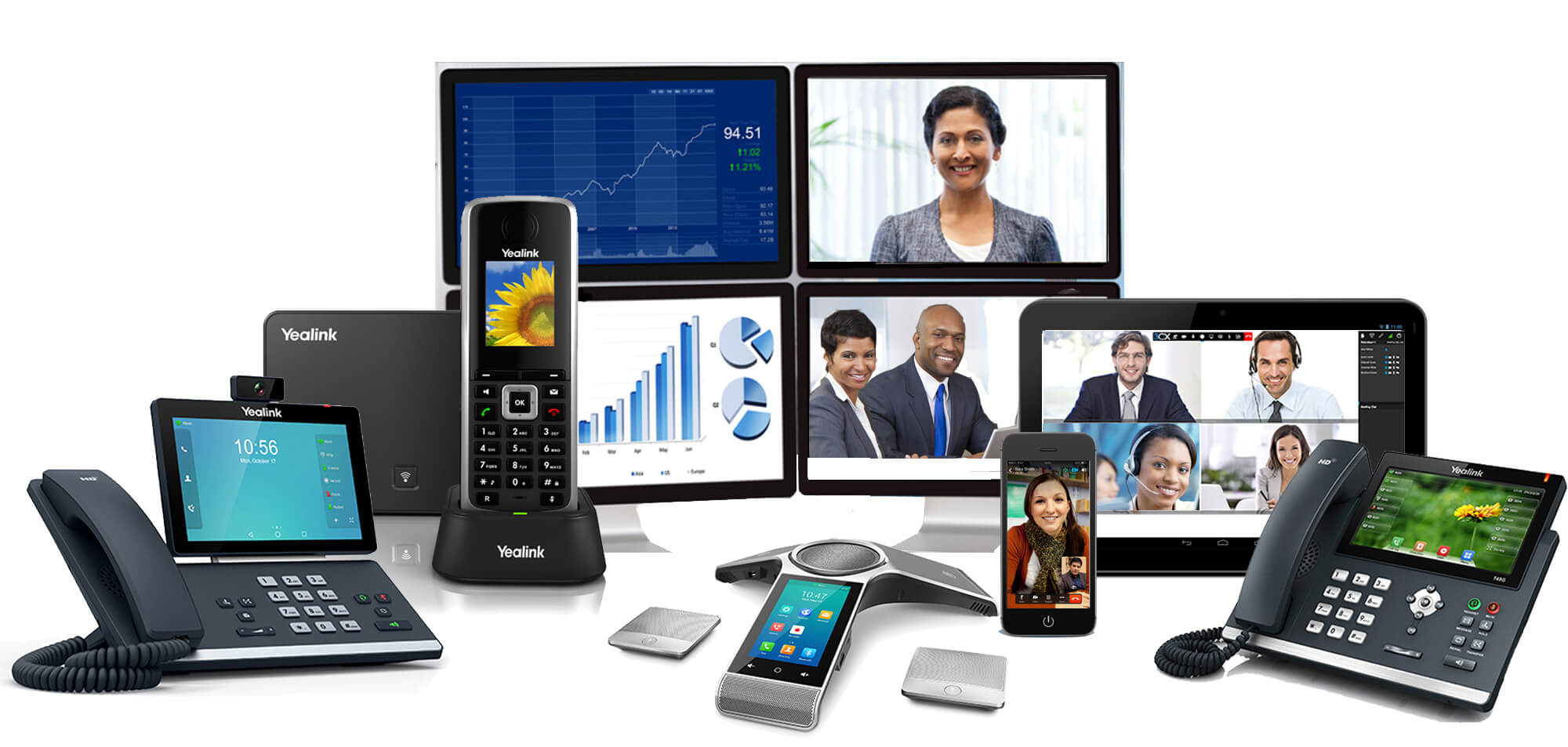How to Use a Unified Communication System to Stay Connected
The hybrid work model that emerged during the pandemic has become a permanent fixture in the workforce landscape. Many organizations analyzed the...
2 min read
Heather Trone Jan 23, 2020 12:06:21 PM

Think of all the ways employees in your business communicate. There's telephone calls, text messages, instant messages, faxes, video conferencing and more. Unified communications is a phone system that combines all these avenues into one easy-to-use system.
So if bringing all of these methods together is unified communications, why isn't everyone doing it? Wouldn't it be beneficial for all businesses? Absolutely! Today, when a business buys a new phone system, they are looking for ways to integrate their communications into one solution, and with a traditional phone system, that just isn't possible. This is where a unified communications system comes in. With a business phone system based on unified communications, a business is able to manage multiple tools such as telephones, instant messaging, faxing, email, voicemail, video conferencing in one solution and one provider.
With all of the benefits a unified communications solution can provide, it is only a matter of time until most businesses move to some sort of platform of this nature. With Fraser's Business Phone Systems, your business can work with an industry leader to bring your communications solutions under one provider with reliability, efficiency and cost savings.

The hybrid work model that emerged during the pandemic has become a permanent fixture in the workforce landscape. Many organizations analyzed the...

{% video_player "embed_player" overrideable=False, type='scriptV4', hide_playlist=True, viral_sharing=False, embed_button=False, autoplay=False,...

With a mobile workforce, many businesses are moving more systems to the cloud. Many companies have moved to a cloud solution for their telephone...